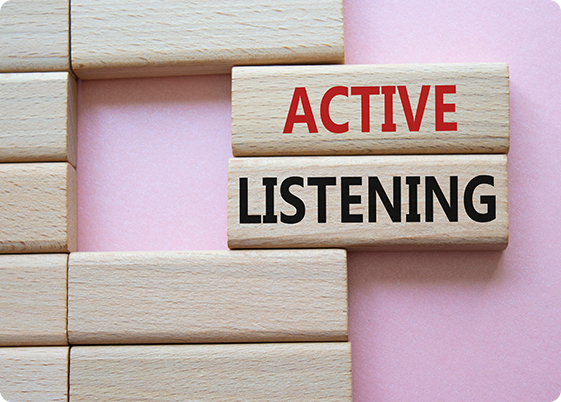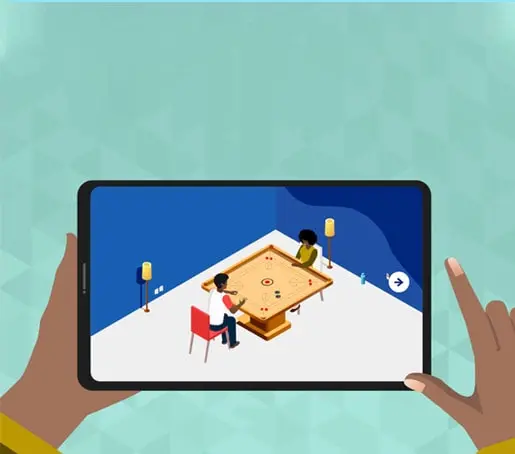In any customer-facing role, there will be moments when emotions run high. Whether it’s a missed delivery, a billing error, or unmet expectations, customer frustrations often land directly on the frontline-you.
Knowing how to handle angry customers, how to deal with rude customers, and how to handle difficult customers are not just skills—they’re career assets. Especially in fast-paced industries like retail, hospitality, and call center jobs, mastering handling difficult customers effectively can turn negative interactions into loyalty-building experiences.
This guide offers expert strategies for managing difficult customers and handling unhappy interactions with professionalism and poise.
Who is a Difficult Customer?
A “difficult customer” may be:
- Angry, raising their voice, or using harsh language
- Rude, making disrespectful remarks
- Upset, expressing deep frustration
- Unhappy, openly dissatisfied with the service or product
- Demanding, insisting on unrealistic outcomes
Understanding how to deal with difficult customers, especially those who are angry or rude, starts with recognizing that their frustration often stems from unmet needs or high expectations. The goal isn't to “win” but to resolve and preserve the relationship.
Expert Tips for Handling Angry or Rude Customers Gracefully
1. Stay Calm and Composed
How to deal with angry customers begins with emotional control. Your calmness can help de-escalate the situation instantly.
- Take deep breaths and maintain a steady, professional tone.
- Visualize the person behind the complaint is upset with the issue, not you.

2. Practice Active Listening
Thanks to active listening, you can validate emotions and understand root problems.
- Let them fully express themselves.
- Use prompts like “Could you tell me more?”
- Paraphrase: “So you’re upset because…”
This approach is central to handling difficult customers with understanding and clarity.
3. Show Empathy
Empathy transforms interactions:
- Say things like “I understand how upsetting this must be.”
- Acknowledge their feelings without judgment.
This demonstrates genuine care, essential in learning how to deal with rude customers and restore trust.

4. Apologize Sincerely
A brief, heartfelt apology can reset the tone.
- Say: “I’m sorry you had this experience.”
- Keep it sincere and avoid deflecting blame.
A good apology helps immensely when managing difficult customers.
5. Offer Solutions, Not Excuses
Excuses frustrate; solutions satisfy.
- Communicate: “Here’s what I can do…”
- Provide options and set realistic expectations.
When you know how to handle upset customers, solutions deliver peace of mind.
6. Set Clear Expectations
Ambiguity fuels frustration. Provide clarity:
- “You’ll get an update by 5 pm today.”
- Clearly explain next steps and timelines.
Being precise helps in understanding how to deal with unhappy customers more effectively.

7. Follow Up
A follow-up shows you genuinely care:
- Send confirmation emails when issues are resolved.
- Check back: “Is everything working as expected?”
This cements your reputation when you learn about how to handle angry customers with care.
8. Know When to Escalate
Escalation sometimes saves the day:
- If the issues are outside your scope, say: “Let me bring in a specialist.”
- Pass on the full context to avoid repetition.
Escalating with tact is a smart call center job practice and part of how to deal with difficult customers.
9. Learn from Each Interaction
After the call, reflect:
- What triggered the emotion?
- How can you prevent it next time?
This is key to handling difficult customers more effectively as you grow.
Conclusion
Mastering how to handle difficult customers, how to deal with angry customers, and how to handle rude customers is essential in today’s service-driven world. By staying calm, listening actively, showing empathy, and providing clear solutions, you build trust—even in difficult conversations.
These skills are especially valuable for professionals in call center jobs, retail, or customer-facing roles. With each encounter, you’re resolving an issue, strengthening relationships, and building your career.
Need more support on managing tough customer interactions or growing your career in support roles? Explore professional growth opportunities in call center jobs where you’ll gain the skills and tools to handle even the most challenging scenarios like a pro.
Frequently Asked Questions (FAQs)
Why do customers become rude or aggressive?
They often feel unheard, overlooked, or disappointed. Emotional reactions may stem from stress, past experiences, or miscommunication. Identifying their frustration helps you take the next step in resolution.
How do you stay calm when a customer is yelling at you?
Don’t take it personally. Pause, breathe, and focus on resolving the issue. Use a calm tone and speak slowly—your composure will help calm them down, too.
What phrases should I use to end a difficult call politely?
- “Thank you for your patience while we resolved this.”
- “I’m glad we could find a solution.”
- “If there's anything else, feel free to reach out.”
These phrases help close with warmth and professionalism.
What’s the role of tone of voice in calming angry customers?
A gentle, respectful tone shows you genuinely listen and care about solving their problem. Even a wrong word can sound harsh if your tone is flat or irritated—tone matters as much as words.
 SA
SA Canada
Canada Colombia
Colombia India
India Jamaica
Jamaica Philippines
Philippines UK
UK US
US



